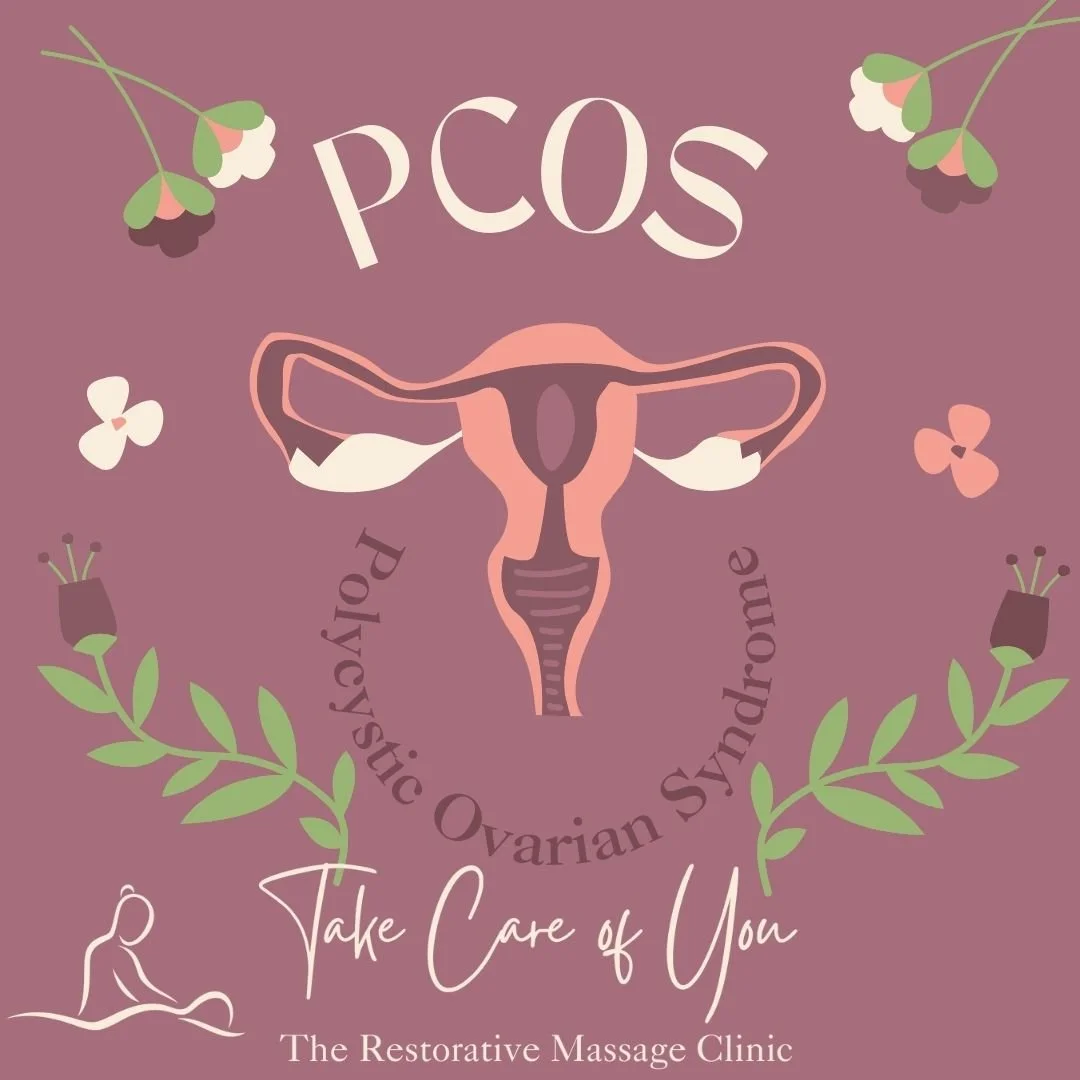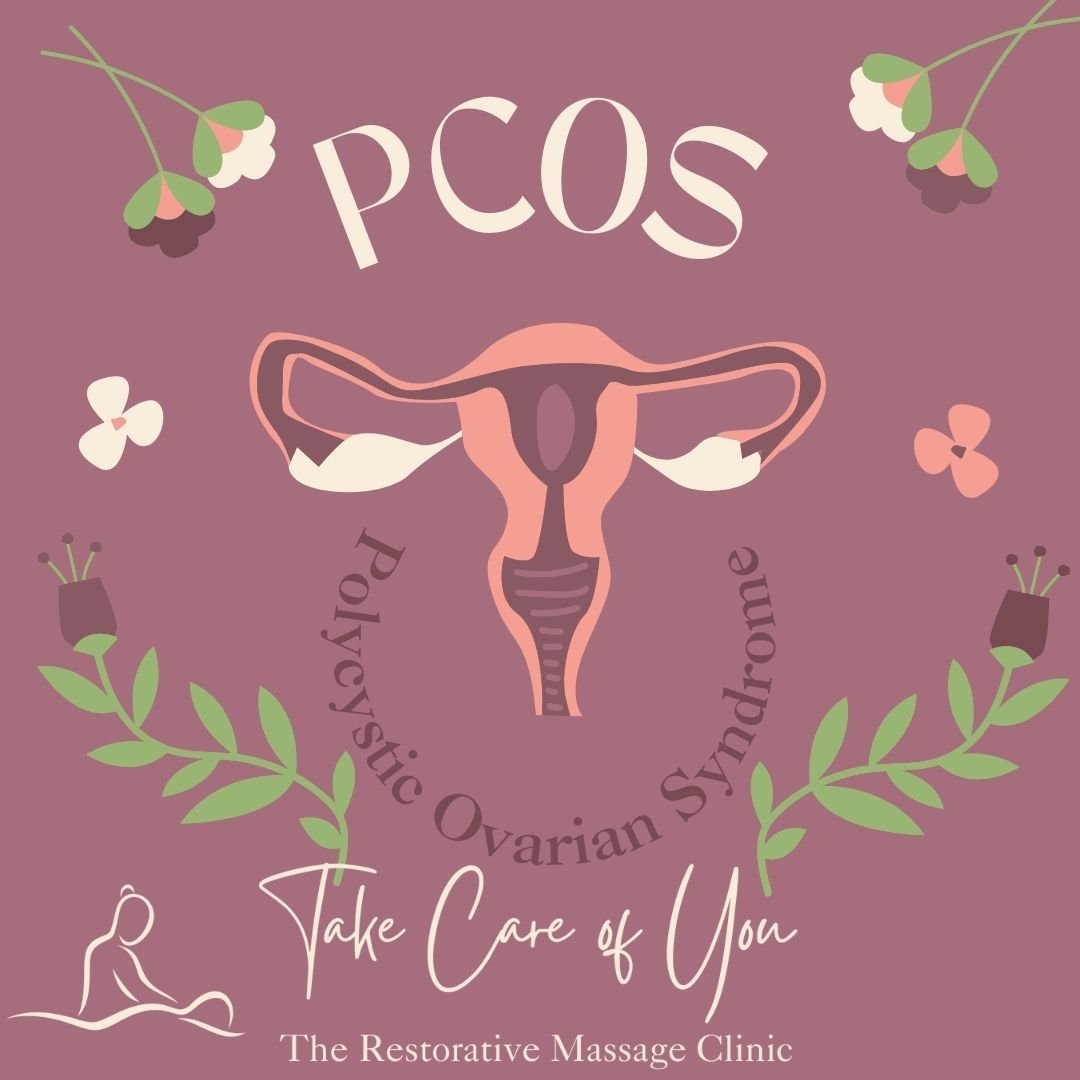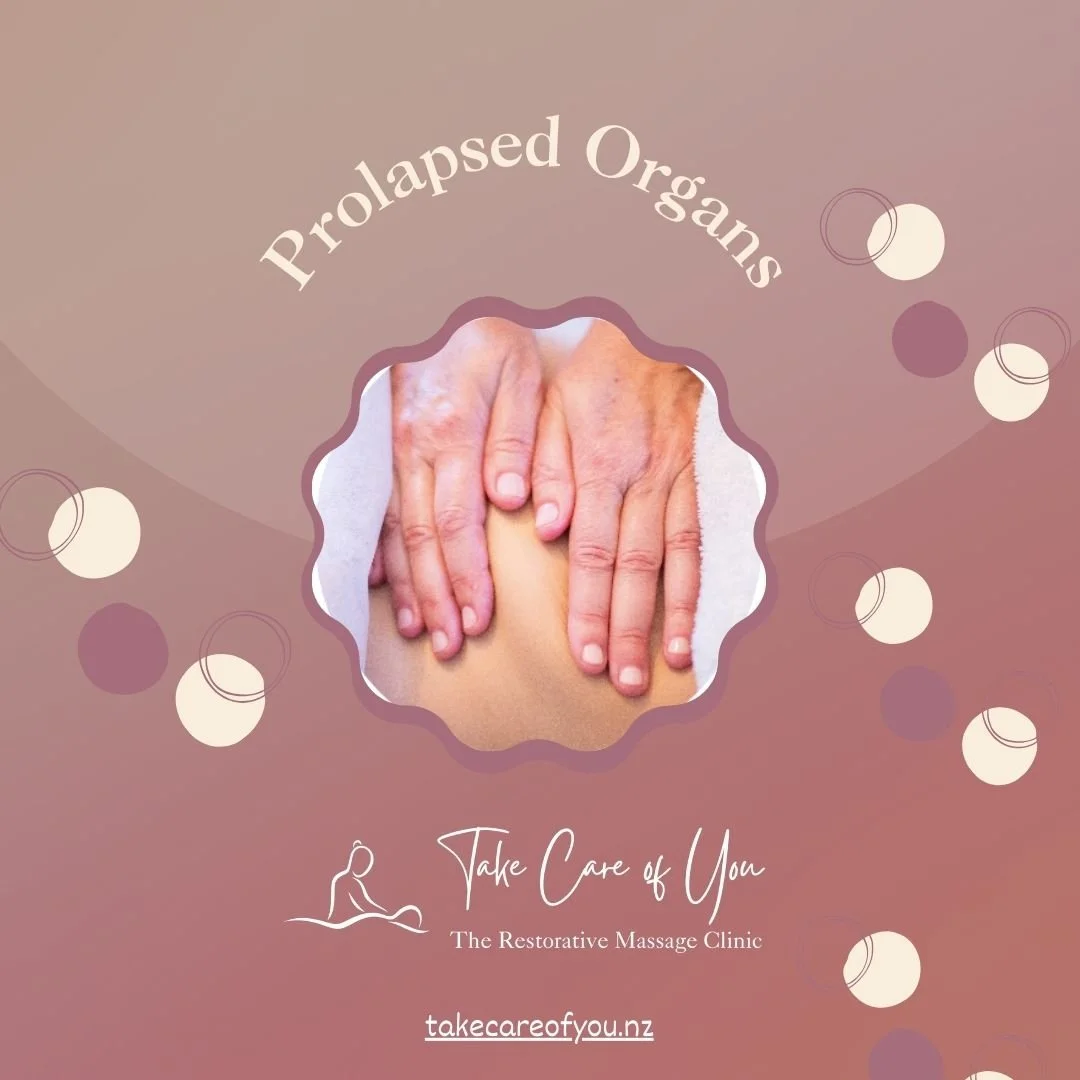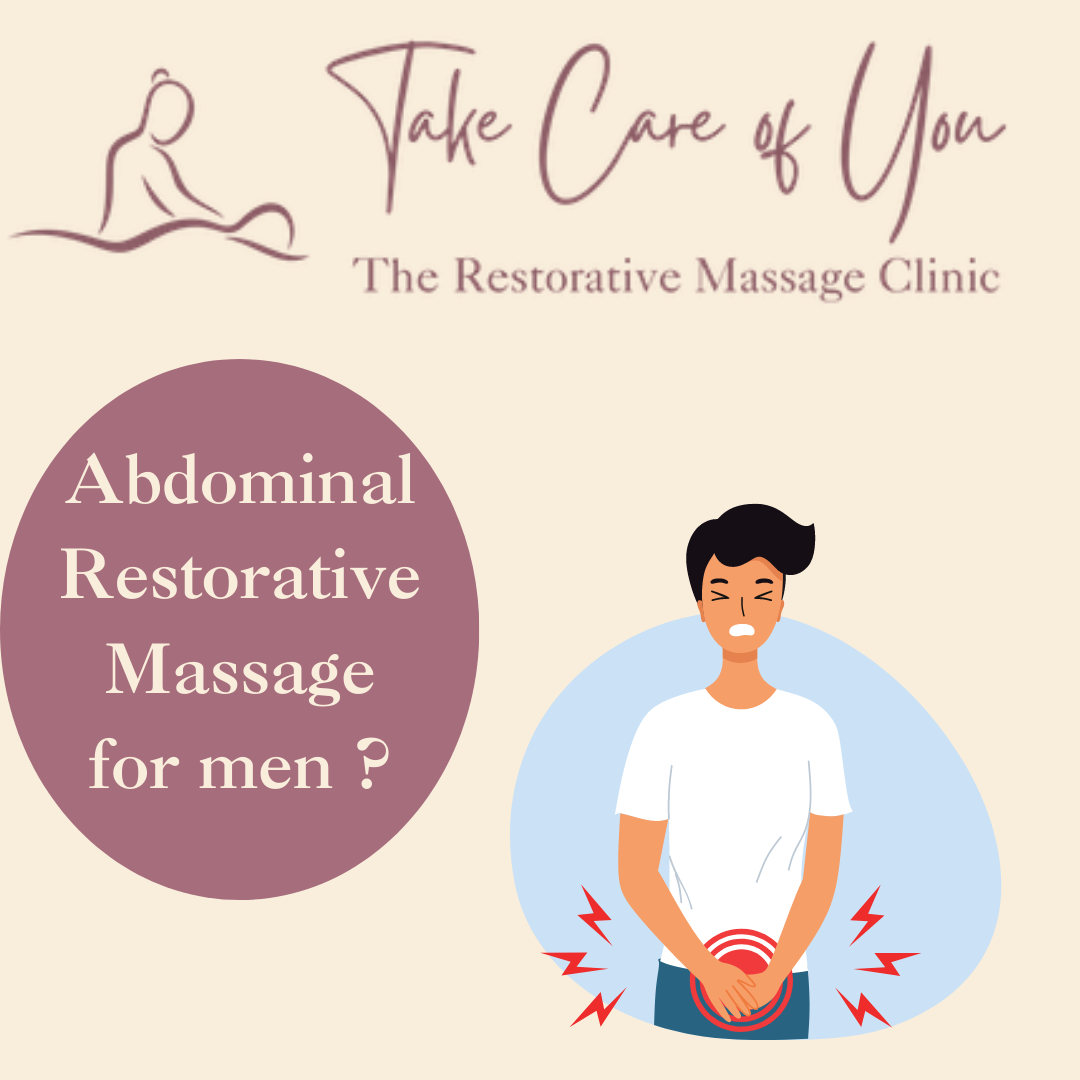Let’s talk about scars and why we need to work on them
Where there is a scar, there is a blockage (blood, lymph, nerve) so we need to undo what is blocked there allowing the body to work as nature intended. Undoing adhesions will allow the scar area to open up and restore normal circulation
Scars are the result of the body’s natural healing process when deeper layers of the skin are damaged by cuts, burns, surgeries, or infections. Unlike normal skin, the tissue in a scar does not have the same structure, elasticity, or functionality.
When the skin is injured, the body initiates a healing process to close the wound and restore its protective barrier. During this process, specialized cells called fibroblasts produce collagen to replace the damaged tissue but, unlike the collagen in normal, healthy skin where the collagen is arranged in a random cross-woven pattern; collagen fibres in scar tissue are aligned in small parallel bundles, making the scar tissue less elastic.
Often this scar tissue forms abnormal connections between adjacent tissues or organs, leading to adhesions.
Here are some potential effects of having scars/adhesions and what you could experience:
1. Reduced Blood Flow
Scar tissue has fewer blood vessels than normal tissue, which limits circulation in the area. This reduced blood flow can impede proper oxygen and nutrient delivery to the scar area.
2. Reduced Lymphatic Flow
The lymphatic system, which helps remove waste and excess fluids, is less effective in scarred areas. This can lead to swelling or fluid buildup around the scar and reduced ability to fight infections in the region.
3. Distortion of Nerve Signals
Nerve regeneration in scar tissue is often incomplete or irregular, leading to loss of sensation, numbness, or tingling in and around the scar. Hypersensitivity or discomfort if nerves regenerate abnormally.
4. Sweat and Oil Secretion
Scar tissue lacks sweat glands and sebaceous (oil) glands; the area may become dry or less able to regulate temperature.
5. Elasticity
Scar tissue is less elastic than normal skin leading to restricted movement or flexibility in the affected area.
Adhesions can have varying effects depending on their location and the type of surgery.
Some example:
- In a breast scar (Implant, Explant, or Cancer Surgery) we can experience pain or a pulling sensation around the scar and difficulty moving arms or shoulders due to tightness.
- After a C-section adhesions can tether internal organs, causing chronic pain. Scar tissue may adhere the uterus or bladder to surrounding tissues, leading to complications. Severe adhesions may lead to intestinal blockages and can cause pain during intercourse.
- In abdominal surgery adhesions are a leading cause of small bowel obstructions, tight or pulling sensations in the abdomen, worsened by movement or stretching.
- After a hip replacement surgery, adhesions can restrict the movement of the hip joint by binding muscles or soft tissues around the surgical site, this can make it difficult to achieve a full range of motion. Adhesions can cause constant discomfort or pain due to tension between the scar tissue and surrounding structures.
In short, where there is a scar, there is a blockage (blood, lymph, nerve) so we need to undo what is blocked there allowing the body to work as nature intended. Undoing adhesions will allow the scar area to open up and restore normal circulation
I know that it sounds too simple, but that is often the way isn’t it?
When you come to me for help with scarring I will work on the scar as much as your body allows me to at each session and I will also teach you how to work on it at home (between sessions and then ongoingly)
With your daily self care massage the sessions with me and some “secrets” that I will share with you, we will do the magic together; everything will start to flow and you will gain more mobility in the area. I am confident in saying this because it has worked on my own scars and on the clients I am helping with theirs.
You can book your appointments here... I suggest you choose one of the packages because to be honest, one session is rarely enough to bring the body back to full flow.
PCOS
PCOS is best defined as androgen excess (high male hormones) when all other causes of androgen excess have been ruled out.
“Polycystic Ovary Syndrome (PCOS) is a hormonal imbalance that affects women of reproductive age. Specifically, the condition is characterised by having too many androgens, or male hormones, in the body, and this imbalance interferes with regular menstrual cycles. Women with PCOS experience missed or irregular periods.” (A. Vitti)
“PCOS is best defined as androgen excess (high male hormones) when all other causes of androgen excess have been ruled out. And despite the name, polycystic ovary syndrome has nothing to do with cysts on the ovaries. For one thing, the so-called “cysts” visible on ultrasound are not ovarian cysts but are just follicles or eggs, which are normal for the ovary. PCOS is not one disease. Instead, it’s “a heterogeneous disorder with different underlying biological mechanisms.” In other words, it’s a set of symptoms (androgen excess and anovulatory cycles) caused or driven by several underlying factors. To successfully treat PCOS, you need to identify which factor (or factors) is driving the symptoms. In other words, you need to know your functional type of PCOS.” (Lara Briden)
Symptoms
Women who have been diagnosed with PCOS often show symptoms like acne, excessive facial and body hair, obesity, anovulatory cycles, menstrual irregularities, fertility challenges. Note that all of these symptoms can be related to other issues meaning that their presence cannot be taken as evidence of PCOS.
Treatment
Treating PCOS involves a multifaceted approach aimed at addressing the underlying hormonal imbalance whilst managing symptoms. Lifestyle modifications, including a balanced diet, regular exercise, and maintaining a healthy weight, are important. A combination of naturopathy (supplements and diet) and acupuncture can be a key in correcting hormone imbalance.
How Abdominal Restorative Massage can support with PCOS:
Guiding the reproductive organs into their proper position helps their function and releases physical and emotional blockages to restore health to the uterus and surrounding organs. (A.Vitti in her book ‘Woman Code’ pag 29).
Abdominal massage can support the body's natural healing processes and contribute to overall relaxation, assisting with the managment of stress which is an important factor in maintaining good hormonal balance for women with PCOS.
If you’re familiar with my website you’ll know at this point that I will teach you the Self Care that you can apply at home between our sessions. Regular Self Care massage allows you to begin to move daily into more relaxation resulting in good deep sleep which is a key to self healing.
PROLAPSED ORGANS
Pelvic organ prolapse is a condition where one or more organs in the pelvic region, such as the uterus, bladder, or rectum, descend from their normal positions.
Pelvic organ prolapse is a condition where one or more organs in the pelvic region, such as the uterus, bladder, or rectum, descend from their normal positions. Prolapse can lead to uncomfortable symptoms such as pelvic pressure, heaviness and pain. Other symptoms include lower back pain, difficulty walking, constipation, difficult intercourse and bladder disfunction.
Abdominal Restorative Massage takes an holistic approach to address pelvic organs prolapse.
The purpose of this treatment is to help guide internal organs into their proper position, enhance circulation, release tension and improve the overall vitality of the abdominal area. There is a full description of Abdominal Restorative Massage here…
The Abdominal Restorative Massage includes learning ‘self care’ massage strokes that you do at home daily on your own abdomen to enhance the effect of the treatment provided by your practitioner.
After a course of Abdominal Restorative Massage treatments, many women report relief from the difficult symptoms of prolapse. They can walk comfortably, sleep through the night without the need to get up to wee multiple times, have regular bowel movements and they can engage in normal intercourse.
Dear Friend Menopause…
This is a brief post about Menopause. I say brief because the topic is so vast and one post doesn’t cover everything. However I would love to introduce few subjects that could be helpful.
This is a brief post about Menopause.
I say brief because the topic is so vast and one post doesn’t cover everything.
However I would love to introduce few subjects that could be helpful.
As soon as we speak about menopause (including pre and post), we cannot avoid talking about the cultural beliefs from which our preconceived ideas about menopause arise. It is certainly interesting to see how these belief differ around the world and between cultures. Many studies have proven that women answer in a different way depending on the culture they are living in. You can read about this in detail here.
Menopause can be a powerful and transformational journey, especially when women are encouraged to explore their inner landscape, to review their life, heal what needs to be healed, leave behind what no longer serves and embrace what nurtures: Women may enter a wonderful third act of their lives, finding themselves saying “No” more than in the past because now is the moment to spend time with themselves after having taken care of a family and/or children and/or work; now is the time to say “Me”.
Some women pass through menopause without any problems. However, many of us experience symptoms such as hot flushes, night sweats, disturbed sleep, reduced libido, digestive issues, anxiety, itchiness, mood swings, restless legs… to name a few.
For those of us who are going through any of the above, it is important to remember:
These symptoms don’t last forever
These symptoms can have other causes so it’s good to have a conversation with our Doctor to understand if they are related to Thyroid, Fibromyalgia… or if they are due to the hormonal changes during the menopause phases.
If they are related to hormonal imbalance, we can do something about them too. The common belief: “ This is menopause, you have to get use to it”, is simply not true.
In this stage of life, women are called to deepen the connection with their body and go even deeper and the Abdominal Restorative Massage as taught by Dr Rosita Arvigo can help to walk this path. Many women reported that the massage sessions, the Self Care and other tools they have learned as part of this treatment, have had a positive effect on their health and their menopausal symptoms.
The Uterus and the Abdominal massage
The Abdominal Maya Massage invites the uterus to return to her correct position with an external, gentle, non-invasive massage of the abdomen and lumbar area can address and alleviate various symptoms.
What happens to the uterus during an abdominal massage
Abdominal Restorative Massage invites the uterus to return to her correct position with an external, gentle, non-invasive massage of the abdomen and lumbar area can address and alleviate various symptoms.
The uterus is located inside the pelvis in a central position, just above the bladder and in front of the colon. This position allows for good arterial, lymphatic and nervous circulation. This is her correct position.
Sometimes, however, the uterus can move; either because the ligaments can stretch or shorten, or because the connective tissue is not very elastic ...She could be retroverted, retroflexed, anteroflexed, she could be shifted to the left or right, or she could go down (we call this prolapse).
What happens when our uterus is no longer in the correct position?
We may have problems like painful period, pelvic pain, painful intercourse, adhesions, difficulty conceiving, just to name a few.
Abdominal Restorative Massage may be quite helpful and powerful to help you with the Uterus positions and those symptoms.
Abdominal Massage and Painful Period
I would really like to send a message to women of all ages who have a painful cycle.
I would really like to send a message to women of all ages who have a painful cycle.
Maybe you are thinking of going to a doctor or maybe you have already been there and maybe he said something like “It is quite normal, you could help yourself by taking the contraceptive pill.” …and maybe you asked yourself a few questions “But... all those hormones... won't they be too many? ...are there any contraindications? ...” but you don't listen to them because you really need to relieve those pains, you really need not to feel those painful cramps and you need to live those 5 days a month in the same way your friends do.
Months go by and your skin starts to be different, maybe you put on a few kilos, maybe your veins start to swell a little, maybe the pain has slightly eased but not completely and then you start asking yourself “is there not something natural I can do?”And you start looking on google and maybe you find that nutrition or acupuncture can help, and looking, you find that there is an ancient Mayan abdominal massage that could help you. You read about women who have periods without pain, women who have solved fertility problems or endometriosis... and think "I would like to try, at worst nothing happens but maybe.....”.
It is not true that having painful periods is normal and the pill is not the answer to solve them.
I can help you understand the reason for your pain cycle and accompany you on the path of naturally and gently alleviating this pain.The “Big But” is that it requires your participation, the answer is not only in my hands but also in yours.It is a collaboration that will lead you not to be dominated by those 5 days a month, it may even lead you to be grateful for it.
Fertility Issues
Once upon a time to get pregnant was natural and simple, it was about only making love, simple like that. Today some statistics are saying that around 10/12% of couples (in their years of fertility) have fertility issues.
Once upon a time to get pregnant was natural and simple, it was about only making love, simple like that. Today some statistics are saying that around 10/12% of couples (in their years of fertility) have fertility issues.
Today we have to put in some more energy if we want to have a baby.
The environment has changed… that the air we breathe… the food… the pace of life becomes more intense year after year… our job is changed… and so on and on.
All of this could interfere with our health; hormonal balance, a good cycle without pain, excessive or short bleeding…
What happen when we don’t get pregnant? If we are honest with ourselves we may discover that we start to feel guilty, inadequate, we think that we are doing something wrong, we may become afraid that we are unable to conceive a child.
Maybe our friends have already one or two, three kids without issues. Maybe…while we are walking on the street we see a young couple and she has a big beautiful round pregnant belly and looking carefully we notice that they are smoking and eating junk food… our mind would like to literally shout! “What??? I am eating vegetable and raw grain, organic animal protein, I do yoga, massage and still I am not pregnant!!!”.
The Arvigo® Therapy could help to have a healthy ovulation, create a healthy uterus that can carry the pregnancy forward, be more in contact with our body. It is the beginning of a conscious pregnancy.
Is Abdominal Massage good for men?
Men benefit physically, emotionally, and spiritually from this wonderful therapy. It improves circulation within the pelvis and abdomen, supports healthy abdominal and reproductive organs which in turn enhances sexual function, sperm health and digestion.
Men benefit physically, emotionally, and spiritually from this wonderful therapy. It improves circulation within the pelvis and abdomen, supports healthy abdominal and reproductive organs which in turn enhances sexual function, sperm health and digestion.
Common conditions Arvigo® therapy supports are - early stages of prostate swelling, benign prostatic hyperplasia (BPH), prostatitis, pain and inflammation, painful ejaculation, impotence, erectile dysfunction, sub fertility, optimal function of reproductive organs and glands due to nerve communication and hemo-dynamics, lower back pain or pelvic pain, frequent, difficult, and/or incomplete urination
The Prostate gland has no room for movement so decongestion leading to swelling any swelling will quickly have an impact. This can cause pressure on the bladder resulting in painful urination, incomplete urination, and incontinence. Pressure on the colon can cause constipation, haemorrhoids, backache, and congestion. Swelling of the prostate gland can result in painful ejaculation, impotence, premature or delayed ejaculation, bladder infections, varicose veins, tired/weak or numb legs and feet.
Arvigo® massage therapy supports decongestion and drainage of the tubules from the testicles to the prostate. A healthy prostate prevents the accumulation, concentration, and hardening of the milky fluid, further preventing disease.
Arvigo® therapy helps the lymph to move which in turn supports the body to eliminate the stagnant fluids of the prostate. This cleansing often results in the passing of milky urine for a few days.
The nerves supplying the prostate exit from the sacrum and any trauma, fall, and resulting scar tissue in this area may affect the health of the prostate and sexual function. Arvigo® Sessions include massage to the low back, sacrum to improve nerve communication to the organs. Self Care Massage works directly on the abdomen to ensure optimum circulation, decreasing toxic congestion in the pelvic bowl. The prostate responds to the hormonal changes and is highly sensitive to toxicity levels in the body.
Regular massage to the pelvic bowl and abdomen with daily Self Care Massage, Arvigo® sessions along with other supporting modalities to follow up at home will help healthy blood flow, increased removal of acidic wastes, and therefore healthier healthier reproductive system.
Endometriosis
Let’s talk a little bit about a problem that affects an estimated 1 in 10 women during their reproductive years: Endometriosis.
Let’s talk a little bit about a problem that affects an estimated 1 in 10 women during their reproductive years: Endometriosis.
Endometriosis is the abnormal growth of cells similar to those that form the inner lining tissue of the uterus, growing outside the uterus.
These endometrial cells are shed each month during menstruation.
If you are dealing with this, probably you are experiencing few symptoms:
Fertility issues, Painful period, Pain in the body, Bloating and/or swelling with menstruation.
The Arvigo® Therapy, the Self Care and other tools you will receive during the Sessions, could help to reduce the pain, and have a good connection with your body and your uterus, to increase the trust in her and in the innate capacity of your body to heal itself. Often, when we have chronic pain we don’t believe anymore that the pain could ever end.
Hysterectomy
The body doesn’t have empty space. So when an organ has been removed, the space has to be filled… How? Other organs take that place. What happens? As a result of hysterectomy it is possible for the intestines to collapse into the uterus’ place, creating pressure on the bladder.
The body doesn’t have empty space. So when an organ has been removed, the space has to be filled… How? Other organs take that place. What happens? As a result of hysterectomy it is possible for the intestines to collapse into the uterus’ place, creating pressure on the bladder. Another result can be rectal prolapse.
Abdominal Restorative Massage can support by stimulating a good blood circulation to maintain the abdomen cavity in a good health.
And…. we have to remember that even if the organ is no longer there…energetically we still have the Uterus and this is important for the connection that we need to maintain.











